Insomnia is a sleep disorder that makes you restless and makes it difficult to fall asleep. It leads to poor quality and quantity of sleep, which will affect your energy and focus during the daytime. It is common among adults, especially women, to experience insomnia. There are different types of insomnia, some cases can last for a few days while others can last longer.
Learn more about the different types of insomnia, common symptoms, and side effects in our comprehensive guide to getting the restful sleep you deserve.
What are the different types of insomnia?
It is important to understand that insomnia can be more than one type, also referred to as mixed insomnia, as the symptoms may differ from one person to another and they can shift over time. In some cases, short-term insomnia can turn into a long-term condition and have serious consequences.
Mixed insomnia means that you have more than one type of insomnia, for example, you have trouble falling asleep and wake up multiple times at night. Here’s a closer look at the different types of insomnia, their symptoms, and how they might affect your sleep:
Acute Insomnia
Acute insomnia is an example of short-term insomnia, and it is also called adjustment insomnia or transient insomnia. It lasts for a few days, but can extend to a month. Short term insomnia is the most popular type, it can affect both children and adults but is most prevalent in women, especially during pregnancy or menopause.
This type of insomnia is caused because of a stressful event in your life like a new job, getting married, unfamiliar sleeping conditions like a new bed, moving to a new home, losing someone, or difficulties in a relationship. It can also be caused by small things like jet lag, work-related stress, illness, an uncomfortable mattress, or specific medications.
Factors like temperature, noise, and light, also affect your sleep so it’s important to practice good sleep hygiene and create a relaxing environment for you to sleep. Short term insomnia can become long term and last for over a month if not treated properly. Generally, it usually doesn’t require treatment and will get better when you adjust to the new situation.
Chronic Insomnia
Chronic insomnia is an example of a long term sleeping disorder and is usually connected to a chronic medical condition; if you’re having trouble sleeping for 3 nights every week for over 3 months, then it is considered chronic insomnia. Chronic insomnia has two subtypes:
- Primary insomnia/ idiopathic insomnia: This type is not associated with an underlying medical condition.
- Secondary insomnia/ comorbid insomnia: This type can be related to a health issue.
Potential causes of this form of insomnia can include:
- Chronic medical conditions like asthma, diabetes, sleep apnea, acid reflux, thyroid disease, ADHD, Parkinson’s disease and chronic pain
- Psychological medical conditions like depression, bipolar disorder or anxiety
- Brain stimulants like caffeine, energy drinks, nicotine, alcohol or hard drugs
- Types of medication like cold medicine, antidepressants, hormonal medication or chemotherapy
- Age, as insomnia is more common with older adults, and sleep satisfaction decreases with age
- Irregular sleep patterns and bad sleep hygiene
Maintenance Insomnia
Sleep maintenance insomnia is getting up more than once throughout the night and not being able to fall back asleep even after 20-30 minutes in bed. It is also waking up too early and not being able to go back to sleep. This type of insomnia is common in people that have seasonal allergies, asthma, nasal blockage, or other respiratory issues.
It can be caused by medical conditions or mental health conditions like depression or anxiety. These abnormal sleeping habits affect the quality of your sleep and will increase your drowsiness in the daytime.
Onset Insomnia
Sleep onset insomnia involves difficulty falling asleep at the beginning of the night, it means being awake in bed for over an hour, tossing and turning, and not being able to fall asleep. This type of insomnia is common among shift workers, especially if you’re working a night shift as your work schedule messes with your sleep pattern.
However, it could also be caused by chronic or acute insomnia. Going to a physician when you're experiencing prolonged insomnia symptoms is an important step in ensuring you're sleeping better. It is best to avoid stimulants like caffeine and nicotine before going to bed. The lack of sleep will create slugginess and make it hard to focus on work the next day.
Behavioral Insomnia of Childhood
According to PubMed Central, behavioral insomnia of childhood (BIC) is highly prevalent and affects 25% of children. It causes difficulty with initiating and maintaining sleep, which has negative impacts on the child and parent. This type of insomnia consists of three subtypes:
- BIC sleep-onset: This type is associated with negative behavioral habits that children are used to when falling asleep like watching TV or being rocked.
- BIC limit-setting: This insomnia is when a child refuses to go to bed and attempts to postpone sleeping by asking for another bedtime story or asking a lot of questions, challenging the parent’s set limits.
- BIC combined type: This is a combination of the two above types when a child refuses to go to sleep and is used to negative sleeping habits.
BIC is treated by using behavioral therapy that can be implemented by the parents, like developing a healthy sleep routine or working on relaxation techniques to encourage a few behavioral changes.
What Are the Risks & Side Effects of Insomnia?
Sleep deprivation can have negative effects on your personal and professional life. This is why healthy sleep hygiene is so important to ensure you're able to have a more balanced sense of well-being. A few common side effects of insomnia include:
- Lower productivity at work
- Easily irritated by small things or people
- Increased risk of accidents like falling down or car accidents if driving
- Mental health issues like depression or chronic health conditions like obesity and high blood pressure if it lasts for long
- Grumpiness and impatience throughout the day
- Drowsiness and slugginess in movement
- Loss of focus and a short attention span
- Memory loss and slower reaction time
When to See a Doctor?

If you’ve had insomnia for a few days then there probably isn’t anything to worry about, however, if it’s been a few weeks and it’s hard for you to be productive and function normally, then you should see a doctor. For an insomnia diagnosis, your doctor will run a physical examination and ask about your medical history and sleep habits.
They might also have you use a sleep diary to track your sleeping patterns and symptoms during the day for a few weeks. Your bed partner can also help monitor your sleep by noting things like how often you wake up, and how long you sleep. The doctor may ask you to get a sleep study done to further diagnose your sleep disorder and get to the root of the problem.
How to Treat Insomnia

Treating insomnia depends on the type you have as well as any underlying causes triggering it. For example, if it’s a chronic health issue then you’ll need medical attention and treatment. However, if it isn’t a health-related issue, your doctor may prescribe sleeping medicine for a short period - it isn’t advised to take over-the-counter sleeping pills for more than a week because they may have side effects.
Another treatment option will be cognitive behavioral therapy, which is a technique that works on behavioral changes like sleep habits, learning self soothing, and meditation, to reduce stress and anxiety as well as promote healthy sleep hygiene. Other methods like stimulus control therapy or sleep restriction therapy can also be used.
Stimulus control therapy targets associating the bed with sleep so it encourages only being in bed to sleep and not any longer for other activities like reading or watching TV. Sleep restriction therapy is similar to it and focuses on restricting excessive time spent in bed. Doctors also recommend establishing a healthy lifestyle by regularly eating nutritious meals and exercising.
How to Prevent Insomnia
 Practicing good sleep hygiene is key to preventing insomnia. Sleep hygiene refers to the sleep habits that help you sleep at night. Another thing that can keep you from sleeping is having an uncomfortable sleep environment. Sleep habits are created over years and can be hard to change but it’s important to try these tips to improve your sleep:
Practicing good sleep hygiene is key to preventing insomnia. Sleep hygiene refers to the sleep habits that help you sleep at night. Another thing that can keep you from sleeping is having an uncomfortable sleep environment. Sleep habits are created over years and can be hard to change but it’s important to try these tips to improve your sleep:
- Stay away from electronics like your phone or the TV before sleeping, the light from the screens will strain your eyes and make it hard to sleep.
- Avoid caffeine, cigarettes and alcohol late at night as they are stimulants that promote energy.
- Try to sleep and wake up at the same time every day to get your body used to a stable sleep routine.
- Avoid staying in bed for any reason besides sleep.
- Eat healthy meals and exercise at least 3 to 4 hours before going to sleep.
- Don’t eat a heavy meal before bedtime, it’ll cause indigestion and possibly acid reflux and heartburn.
- Relax before sleeping by meditating, reading a book, or taking a bath.
FAQs
Will insomnia go away?
Insomnia will go away if you practice better sleeping habits like eating healthy meals and exercising regularly but if you’ve had insomnia for at least 3 nights a week for over a month, it’s best to seek medical assistance.
What are the 3 types of insomnia?
The three most common types of insomnia are acute, chronic, and transient insomnia. Acute and transient insomnia are usually not associated with a health issue while chronic insomnia lasts longer and is usually connected to a health issue.
What is transient insomnia?
Transient insomnia is a type of insomnia that doesn’t last for long, it can extend for up to a week. Transient insomnia isn’t caused by a chronic problem and can be treated by better sleep habits and a healthier lifestyle.
What are the 5 types of sleep disorders?
The five most common sleep disorders are insomnia, sleep apnea, narcolepsy, Restless Legs Syndrome and REM Sleep Behavior Disorder. All of these sleep disorders are treatable so seeking medical advice when necessary and maintaining a healthy lifestyle is key to prevention.
How can I stop my insomnia?
There are many things that you can try to stop your insomnia, like changing your sleeping habits, relaxing and meditating before bedtime, staying away from your phone or the TV, avoiding eating a heavy meal before sleeping, exercising a few hours before sleeping, and more.
Conclusion:
There are many things to do when you can’t sleep, for example, try leaving the bed for a few minutes and doing something in another room then going back to bed. Busying yourself with activity and disassociating yourself from the bedroom will help you sleep when you get back in bed. Sleep disorders like insomnia can be stressful, but with the right knowledge and consistently healthy habits, you'll find better rest is within your reach.
Check out Puffy mattress reviews from real customers and see how we compare with other brands.
Your Turn...
Do you have insomnia? Share your thoughts in the comments.
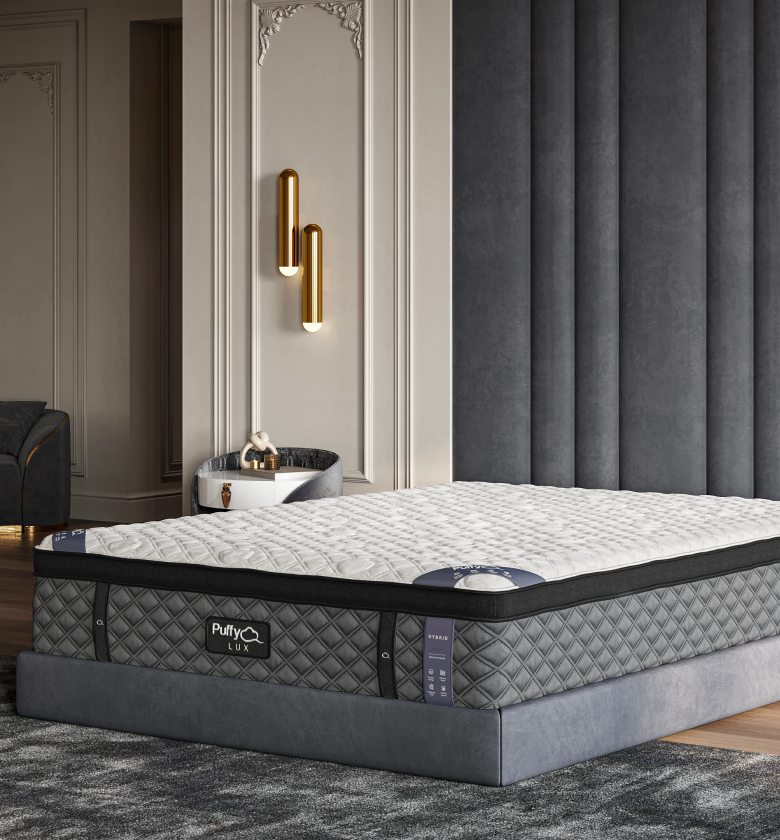
$1,350 in savings
Unlock your ultimate sleep solution with Puffy.
Explore our award-winning Puffy mattress collection with these extra luxury benefits:
- Award-winning comfort.
- Lifetime warranty.
- 101-night sleep trial.
- Free shipping and returns.
- 100% made in USA.
Disclaimer. We love sleep and we want you to get the best sleep possible. But we do not provide medical advice. This blog is intended for informational purposes only. It is not a substitute for professional medical info, diagnosis, or treatment. Never ignore professional medical advice in seeking treatment because of something you have read on our blog.
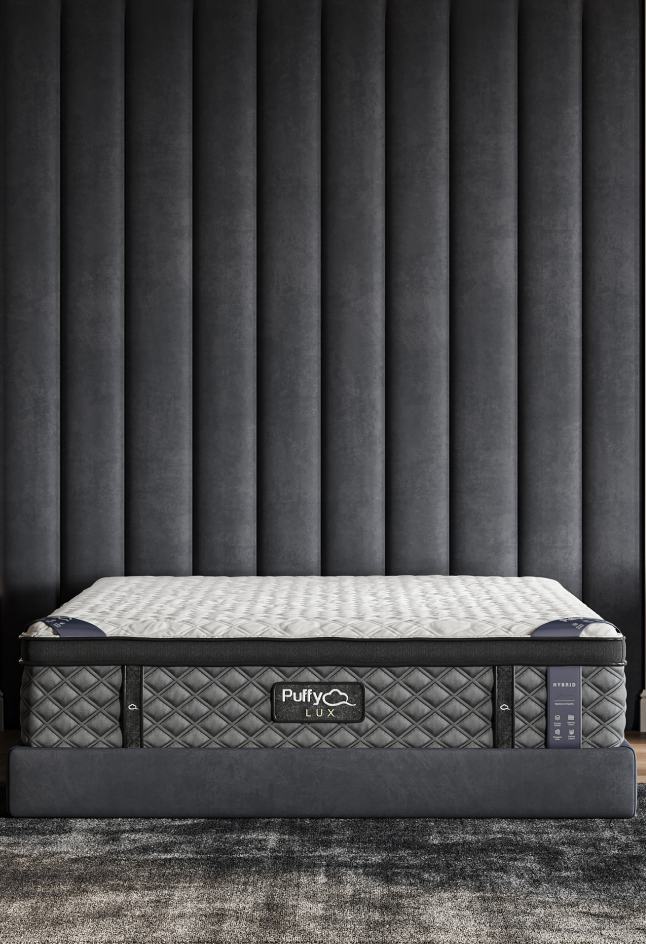
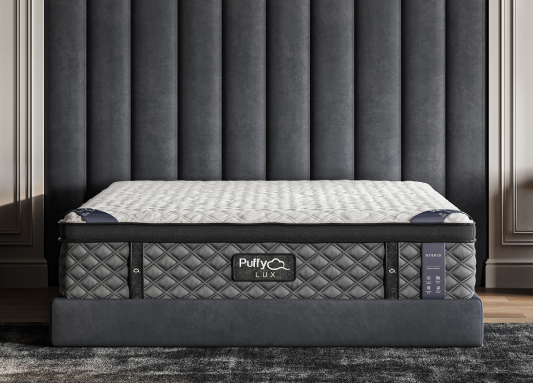
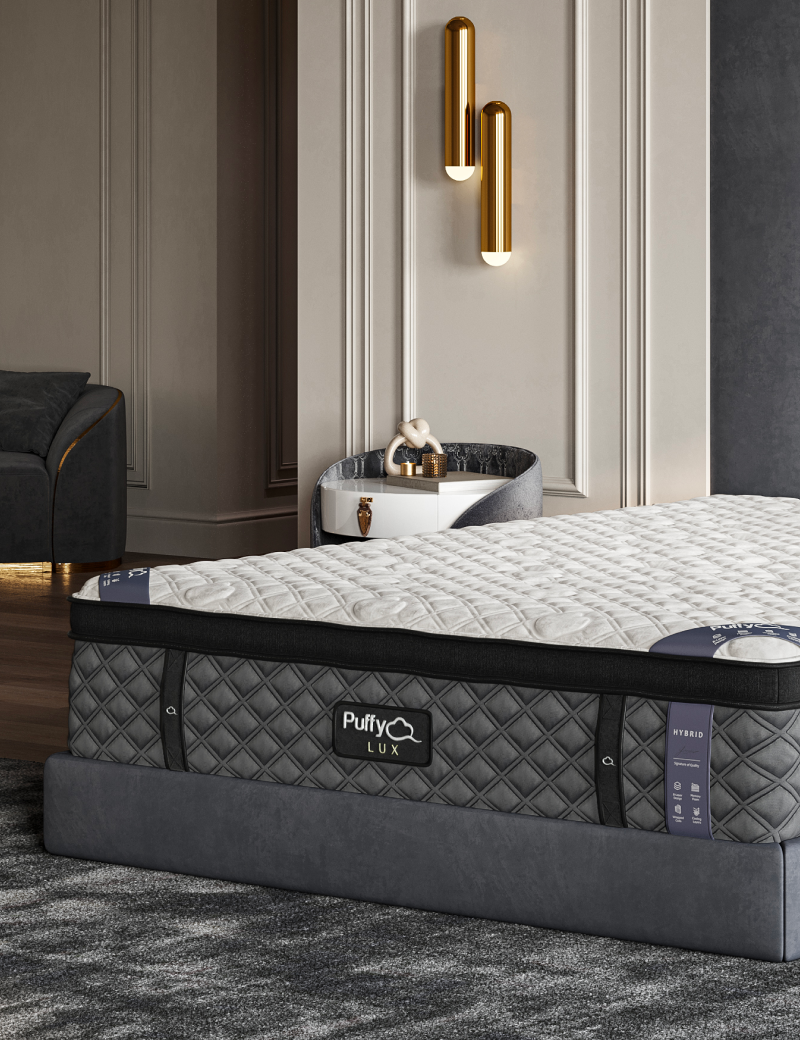

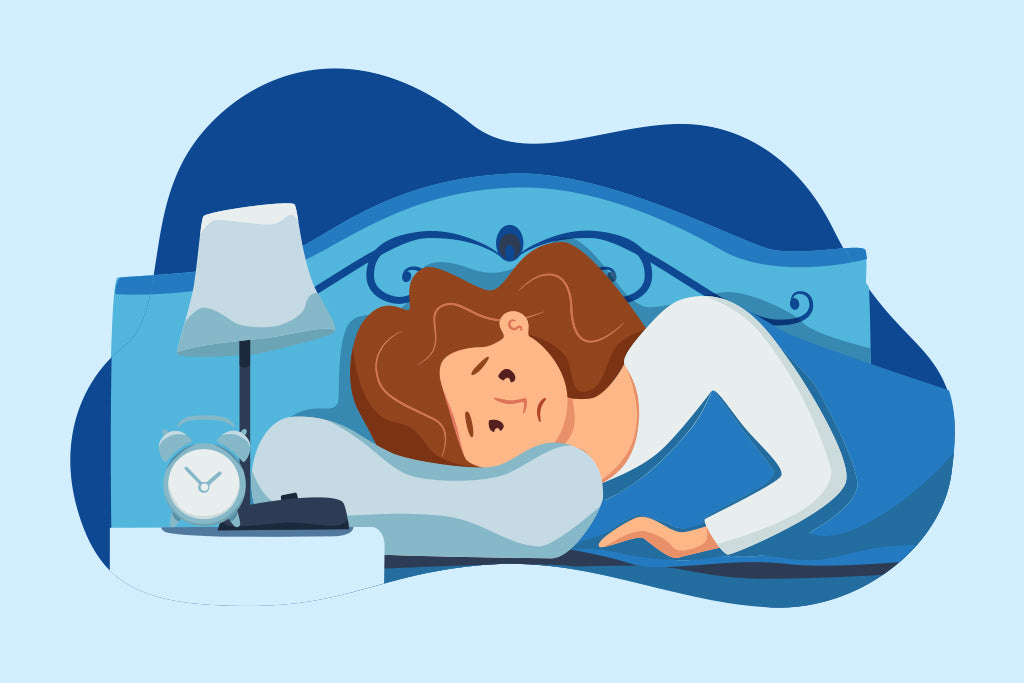
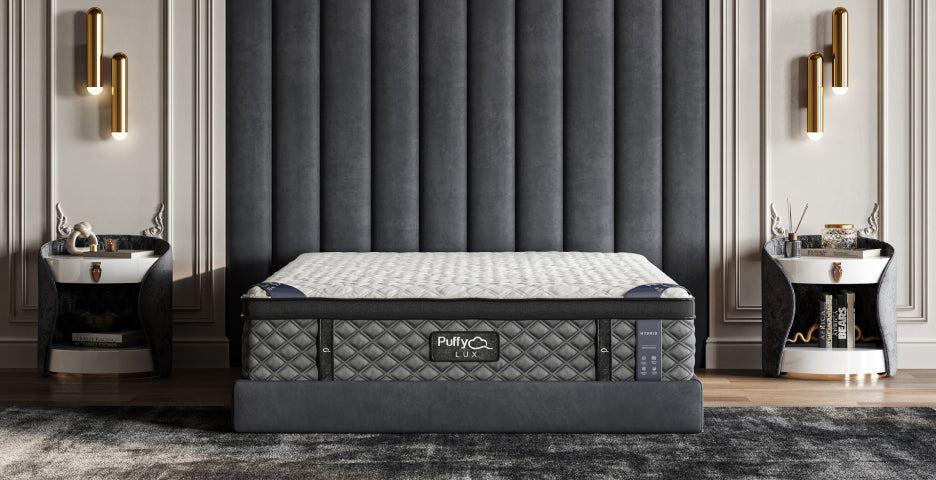
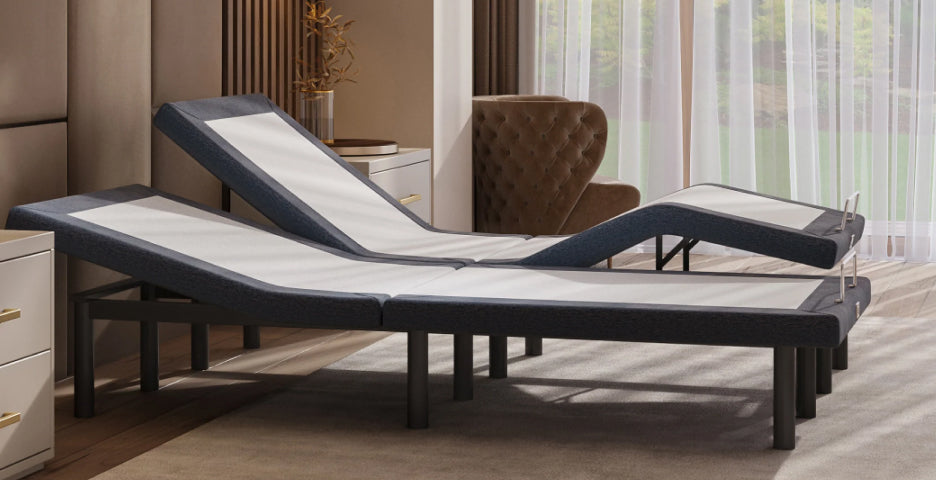
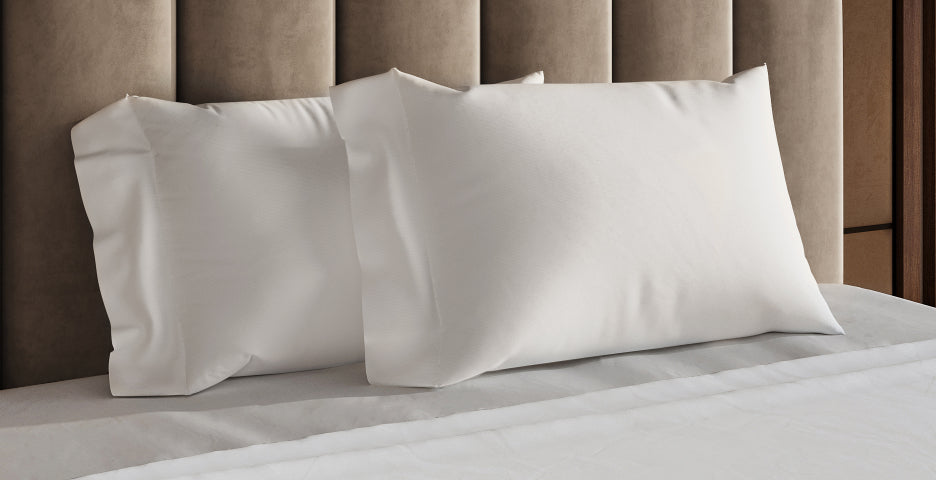

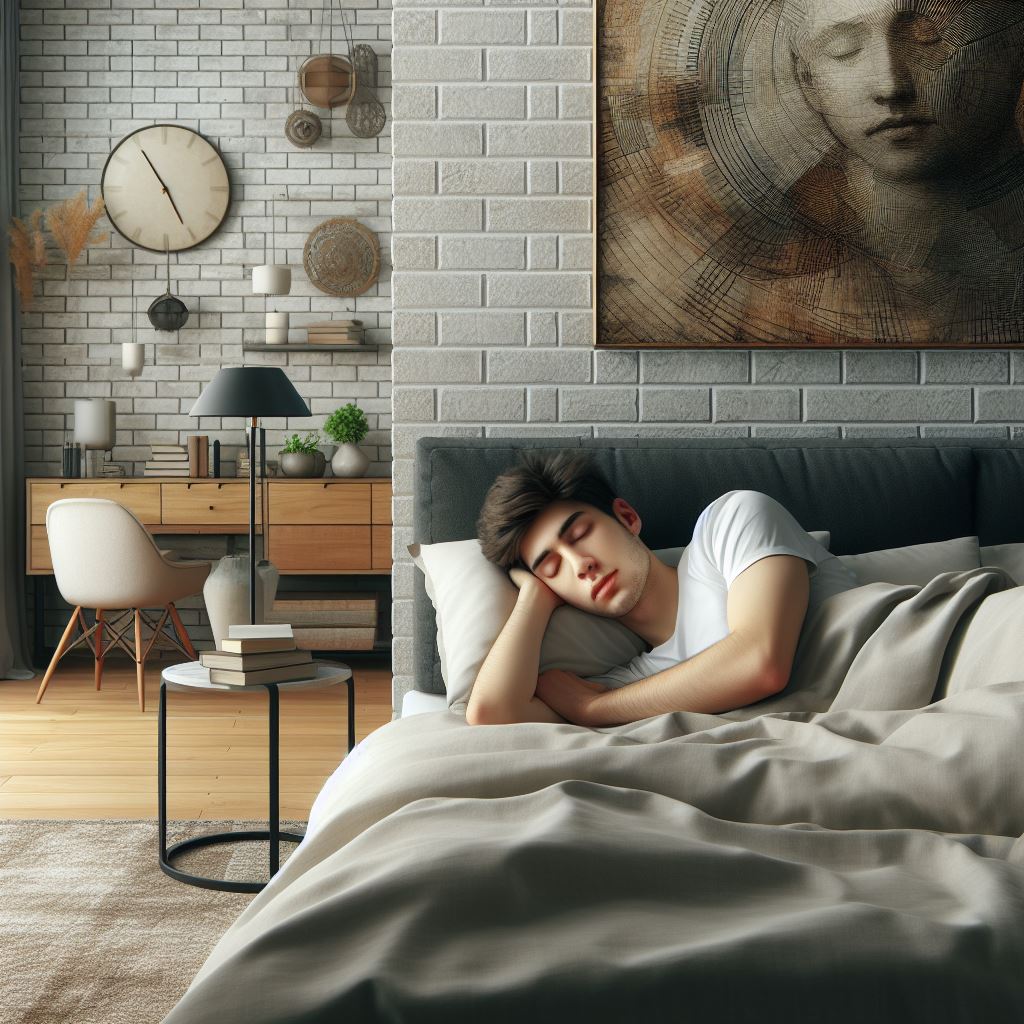

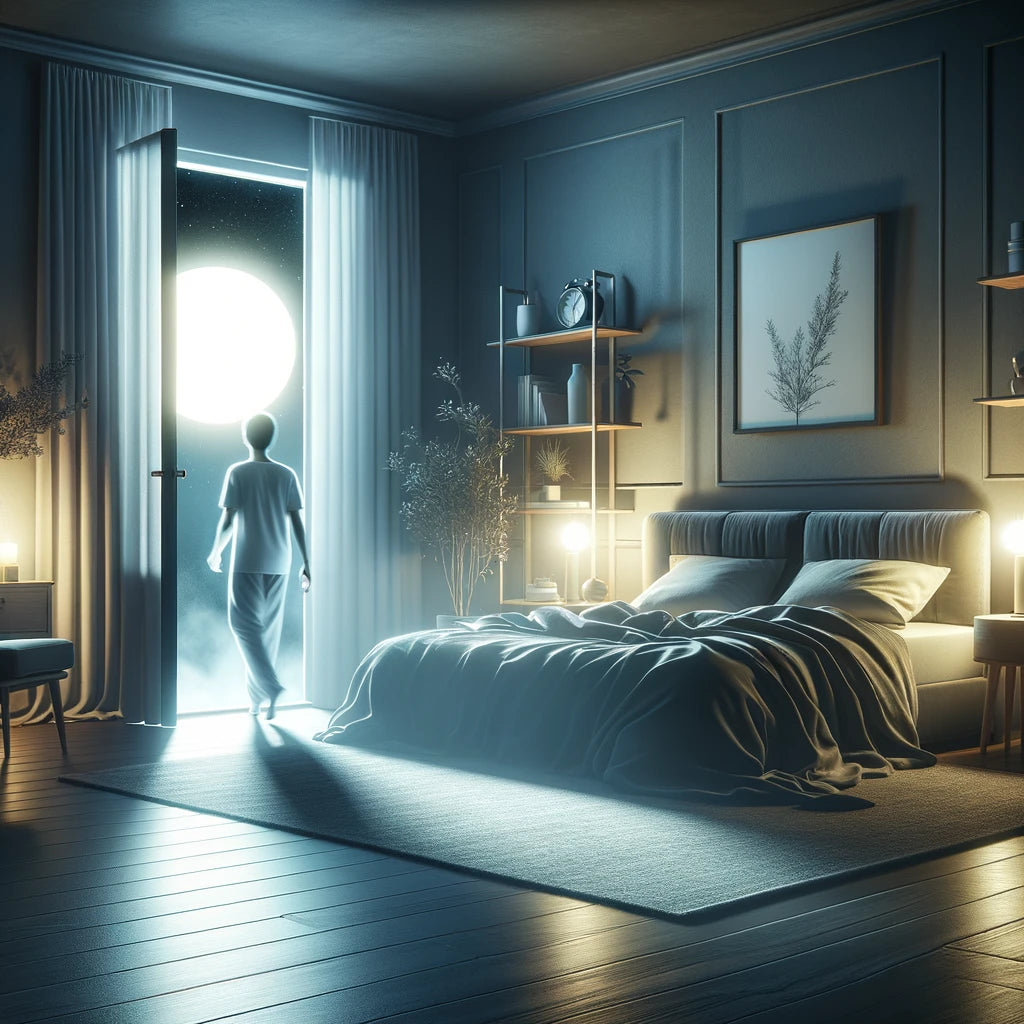



Leave a comment
Comments will be approved before showing up.